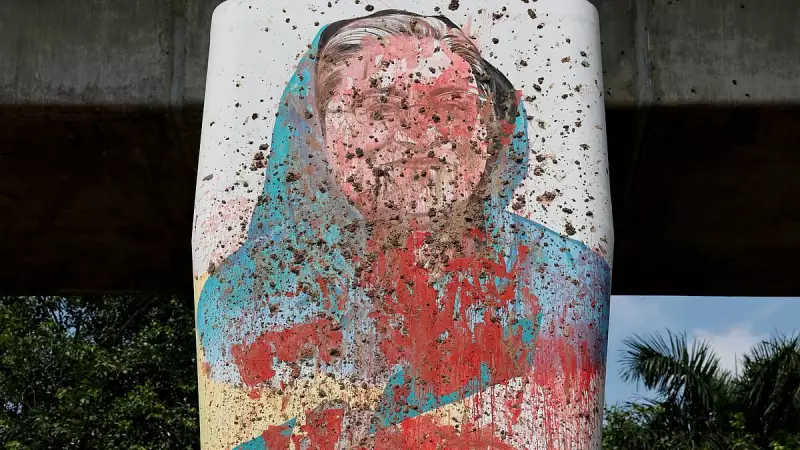
A Bangladesh court has delivered a landmark verdict, finding former Prime Minister Sheikh Hasina guilty of committing crimes against humanity. The 78-year-old political leader, who previously served as the country's head of government, now awaits sentencing following the dramatic court proceedings.
The Historic Verdict and Defendant's Response
The judicial ruling announced on November 17, 2025, represents a significant moment in Bangladesh's political history. The court determined that Sheikh Hasina committed what it described as "crimes against humanity" during her tenure in office. The specific nature of these alleged crimes, while not detailed in the initial reports, formed the basis of the prosecution's case against the former leader.
In a defiant response to the charges, Sheikh Hasina has consistently maintained her innocence. The former Prime Minister has dismissed all allegations as fabricated and politically motivated. Demonstrating her refusal to acknowledge the court's legitimacy in this matter, she has declined to appoint legal representation, choosing instead to face the proceedings without a lawyer.
Political Implications and International Attention
This verdict carries profound implications for Bangladesh's political landscape. Sheikh Hasina, a central figure in the country's politics for decades, now faces potential imprisonment or other penalties that could effectively end her political career. The case has drawn international attention to Bangladesh's judicial system and political stability.
The timing of the verdict, coming amid the country's ongoing political tensions, suggests significant ramifications for future political dynamics. The court's decision to proceed with the case despite the defendant's refusal to participate legally underscores the judiciary's determination to address the charges.
Awaiting Sentencing and Future Developments
With the guilty verdict now established, attention turns to the upcoming sentencing phase. The court has indicated that sentencing will occur shortly, though no specific date has been publicly announced. Legal observers are closely monitoring how the court will approach sentencing given the defendant's age and status as a former head of government.
The case has already sparked debates about justice, political accountability, and the rule of law in Bangladesh. As the nation awaits the final sentencing decision, many wonder how this verdict will impact the country's democratic institutions and international reputation.
This developing story continues to unfold, with further updates expected following the sentencing announcement. The international community maintains close watch on these proceedings, recognizing their potential to shape Bangladesh's political future for years to come.





